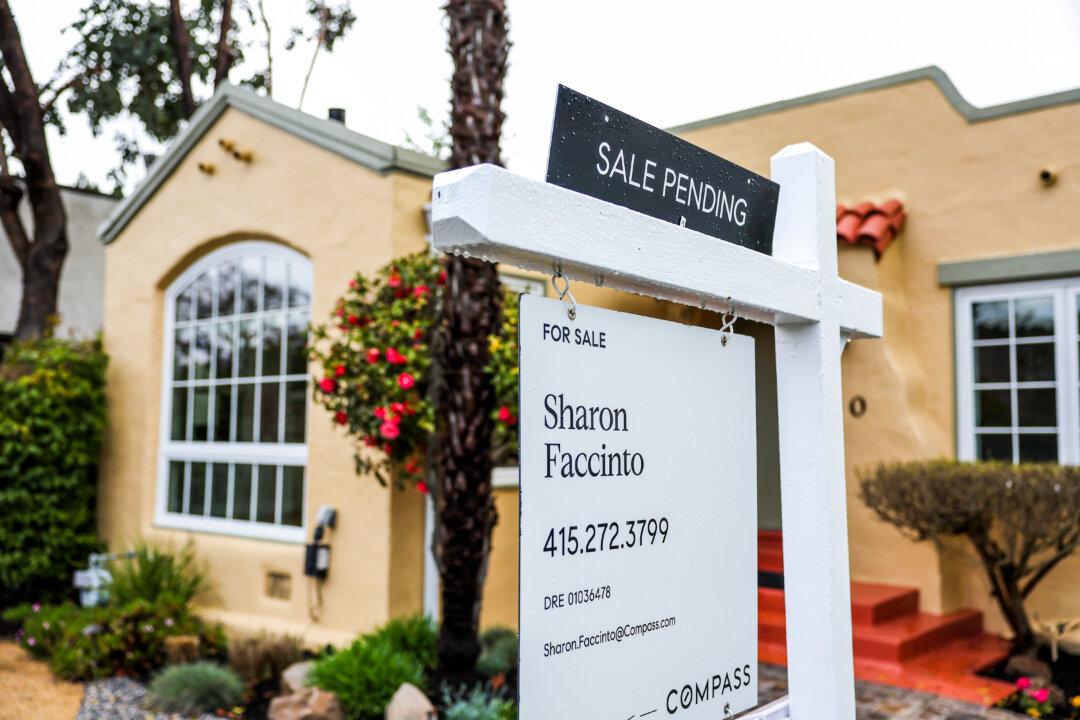Around 56,000 agreements to purchase homes were canceled across the United States last month amid an environment of economic uncertainty and high housing costs, according to real estate brokerage Redfin.
The canceled agreements made up one in seven (14.3 percent) of homes that went under contract in April, higher than 2024’s 13.5 percent, Redfin said in a May 22 statement. This is also the “highest April share in records dating back to 2017, with the exception of April 2020, when the coronavirus brought the housing market to a halt.”





